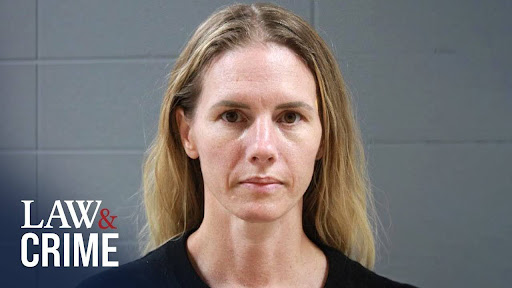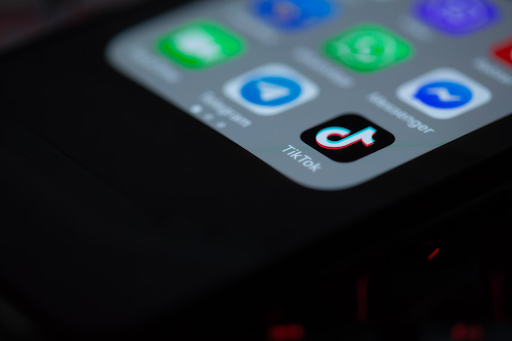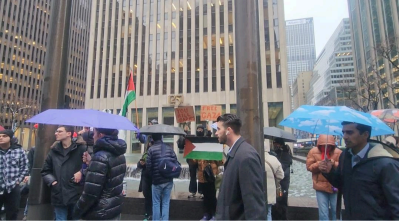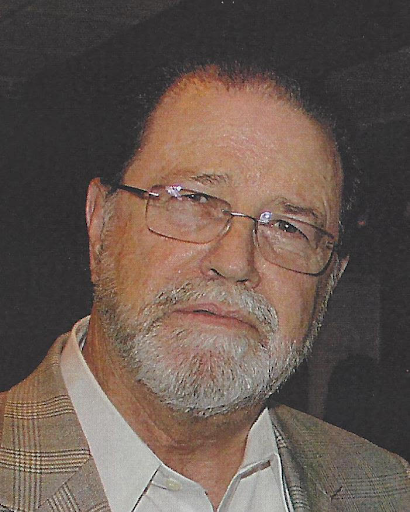Recently, people and organizations across the country have banded together in opposition of the Stop Online Piracy Act (SOPA) and the Protect Intellectual Property Act (PIPA). Despite overwhelming initial support for the bills by a variety of companies, the voice of the people managed to stop both SOPA and PIPA in their tracks.
These two pieces of legislation threatened the very existence of the Internet by putting an ironclad grip on its content. In conjunction, SOPA and PIPA would have ended the open world of the Internet through censorship, site takedowns, and massive change in the way the worldwide web operates.
The open sharing of ideas and collaboration make up the foundation of the Internet, a foundation of freedom that many would defend in the exact same way one would defend their country.
It has been said that the price of freedom is eternal vigilance. As citizens, it is our duty to defend freedom at all costs. Both SOPA and PIPA were threats to that freedom, and stopping them was key to defending the freedom of the Internet.
Though the bills were written vaguely, jeopardizing the Internet As We Know It by giving the government too much power and influence over the distribution of content across the Web, a sizeable portion of the outrage over SOPA and PIPA came from a more selfish and sinister place in the human psyche: An utterly ridiculous sense of entitlement brought on by the all-too-common culture of rampant illegal downloading.
At some point during the evolution of the Internet, people became convinced that they had a right to be entertained. Sites like Napster — even Facebook and YouTube, major players in the protests against SOPA and PIPA — made it easier for people to share the movies and music that costs money to make, distribute, and attain.
Piracy is stealing. Downloading an album without paying for it is stealing, and stealing, whether for Justin Bieber’s latest single or last night’s episode of CSI: Miami, is still a crime.
No, not every bit of information on the Internet should be free. No, having illegally downloaded Oscar-winning films and Grammy-winning albums in the past does not entitle you to continue doing so without consequence. Art is not and should not be free. Too many people work too hard on the music, movies, and television programs that are so frivolously taken for granted, and that work extends far beyond the studio.
SOPA and PIPA came from a good place. The American government has fought the war against the piracy of online content for many years, and these bills were supposed to be a major step in winning that war.
This is not the end of this saga. There will be more bills, more votes, and more legislation. There will also be more outrage, more protests, and more cries for freedom.
Eventually, there will be a bill that gets it right. In fact, the Online Protection and Enforcement of Digital Trade Act, or OPEN Act, is a strong candidate to fix the problems of SOPA and PIPA while still maintaining the freedom of the Internet.
When the tipping point comes, will people be able look at the issue objectively, without any sense of entitlement, and support an online anti-piracy act? While it would be nice to think so, it’s all too easy to see a future where piracy kills the entertainment industry.
In 2001, everyone wondered why Napster was shut down. After all, it was just a few songs, could that really do any harm?
Eleven years later, the revolution started by Napster continues to grow and evolve. Movie studios and record companies are facing increasingly thin margins, and the future of the industry is more uncertain each day.
Could downloading a few songs cause any real harm? It looks like the answer will be known soon enough.






















